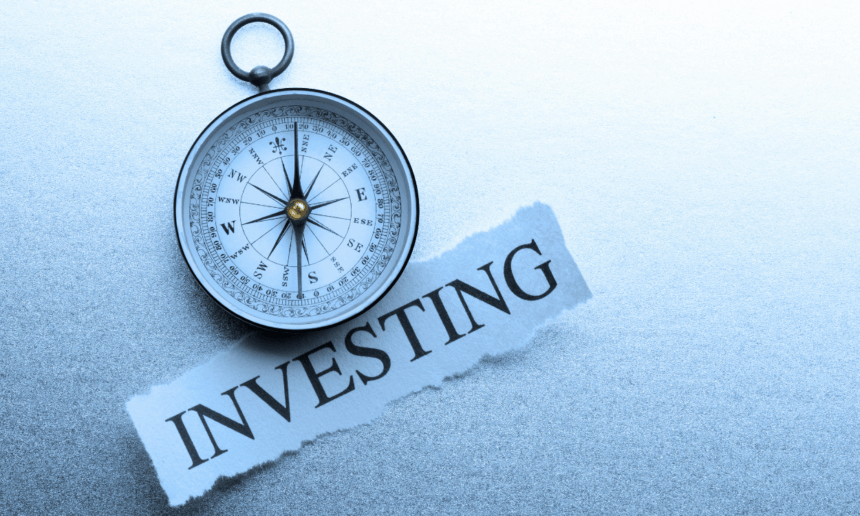PayPal (NASDAQ:PYPL) is set in an ever-evolving fintech landscape, where digital payments continue to grow. Although the company has experienced fluctuating stock performance, it remains a significant player in the digital payment sector. This is attracting investors’ interest as they look for growth opportunities within the fintech industry, which is projected to expand significantly in upcoming years. With technological advancements driving this sector, industry players like PayPal are expected to face both challenges and opportunities.
PayPal’s historical journey illustrates resilience amidst a fluctuating market. Previously, it reached impressive peak performance shortly after spinning off from eBay in 2015, with a meteoric rise during the pandemic due to increased online transactions. However, post-pandemic realities, coupled with intensified competition from entities like Stripe and Apple (NASDAQ:AAPL) Pay, have meant that the company must diversify to maintain its position. With this backdrop, PayPal’s future strategies and market performance will be closely watched by analysts.
How Is PayPal Coping With Market Realities?
Navigating a competitive and evolving marketplace, PayPal is striving to address its recent setbacks. Its share price has struggled, despite delivering strong quarterly earnings. Predictions indicate potential recovery, while the company works towards expanding its revenue streams beyond just traditional payment services. This approach is crucial as PayPal aims to regain investor confidence and expand its foothold in the fintech space.
What Are Analysts Saying About PayPal’s Future?
Analyzing the current market and potential for growth, analysts suggest a moderate positive outlook for PayPal. The predicted growth of the digital payments ecosystem aligns with expectations, maintaining a favorable investor interest. However, challenges remain, with only a moderate consensus from analysts who urge caution amid a competitive landscape. PayPal is acknowledged for its robust infrastructure and expansive reach, but market dynamics highlight the need for strategic innovation and adaptation.
The company’s strategic forays into areas like PayPal Credit and its “buy now, pay later” services could possibly enhance its global appeal. Revenue from these financial offerings contributes significantly, suggesting an avenue of growth not solely reliant on traditional payment processing. As part of bolstering its position, PayPal must focus on creating value through these expanding service lines.
PayPal’s recent stock performance has sparked discussions about its long-term viability and adaptation strategies. Although it has seen market capitalization shrink from its peak, the fintech landscape’s anticipated growth offers room for recovery. The company’s trajectory, monitoring market trends, and strategic focuses become vital as competition and innovation harbinger new financial service paradigms.
“We are continually evolving and adapting to market dynamics, reinforcing our commitment to innovation and customer satisfaction,” emphasizes a company spokesperson. “Efforts towards diversification and refining our service portfolio stand central to our growth strategies,” they add.
With forecasts projecting growth in fintech, particularly within digital payments, PayPal’s adaptability may determine its future success. Establishing itself beyond a traditional payment processor has become necessary in an ecosystem leaning towards diversified financial solutions. As the company capitalizes on its technological prowess and consumer reach, maintaining its relevance will demand both adaptability and visionary foresight.
Overall, PayPal must navigate an uncertain environment while leveraging its strategic strengths to maintain competitiveness and explore growth avenues within the expanding fintech industry. Stakeholders view it as an entity poised to remain resilient amid evolving expectations and technological advancements.










